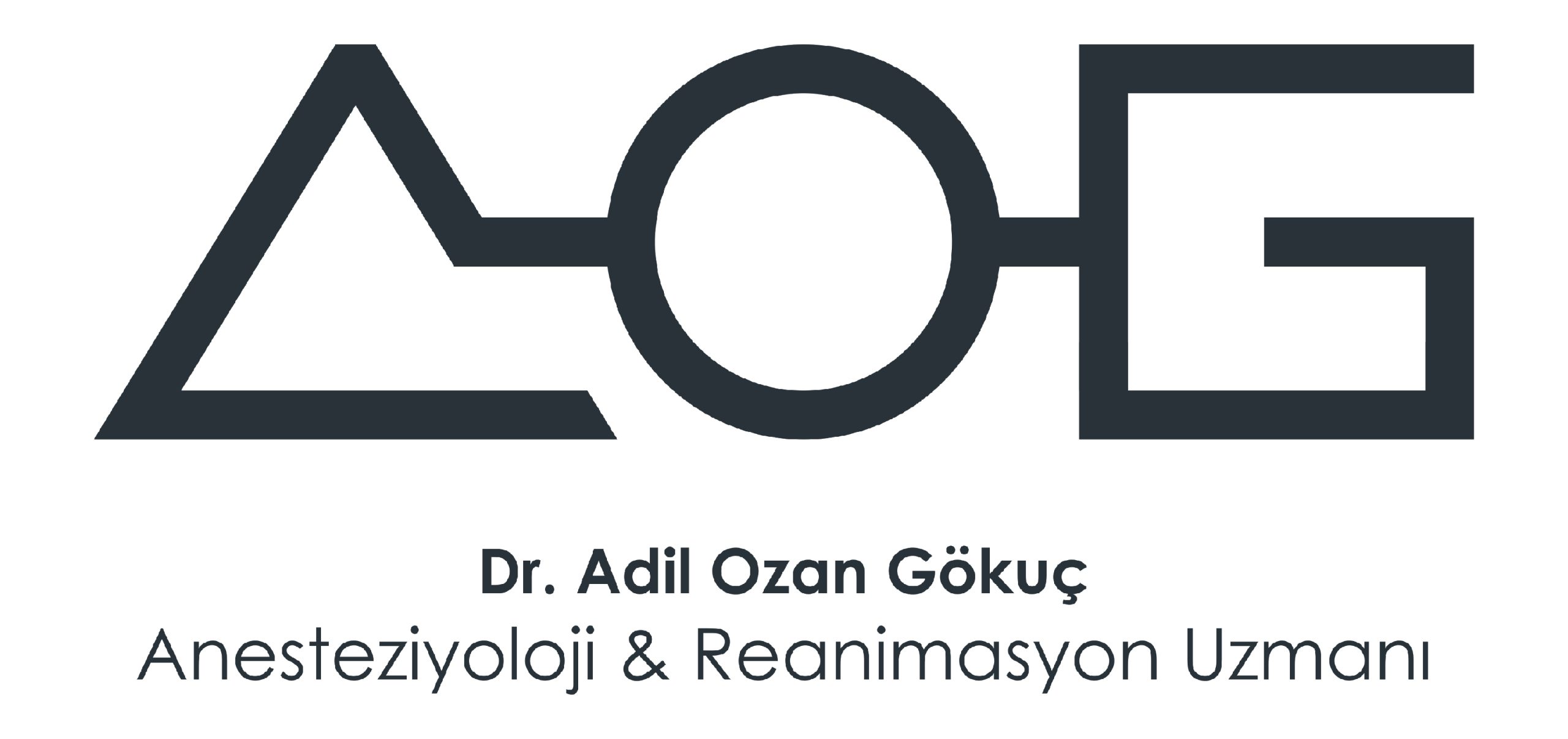Glutathione level in the body may decrease due to factors such as inadequate and irregular nutrition, exposure to environmental toxic substances and stress. A decrease in glutathione level is expected with advancing age. Glutathione is synthesized naturally in the body and can also be taken externally as a supplement. Glutathione is available in capsule, liquid, inhaled, topical and intravenous (serum) forms. Serum glutathione treatment may provide more effective results than oral glutathione treatment in some cases. Glutathione therapy may be recommended to reduce the effects of aging, reduce alcohol use, treat liver diseases, and control chronic diseases including heart and neurological diseases. Although glutathione is included in the treatment plan of many diseases, it has no definitively proven effects on diseases.
What Diseases Is Glutathione Good For?
Although glutathione is included in the treatment plan of many diseases, it has no definitively proven effects on diseases. However, glutathione therapy is also recommended in the treatment of many diseases. The diseases that glutathione is good for are listed below:
REDUCING OXIDATIVE STRESS
Oxidative stress occurs due to an increase in the formation of free radicals in the body and imbalances in the body’s mechanism of dealing with free radicals. Oxidative stress reaching serious levels forms the basis for many diseases and can cause worsening of existing diseases. These diseases are mainly diabetes, peripheral artery disease, cancer and rheumatoid arthritis. With its powerful antioxidant properties, glutathione can help reduce the effects of oxidative stress and relieve the symptoms of diseases. Glutathione deficiency may increase the level of oxidative stress, thus creating a suitable environment for cancer development.
REDUCING DAMAGE AT THE CELL LEVEL IN FAT LIVER
In glutathione deficiency, the severity of damage to liver cells may increase and death of liver cells may occur. This condition may cause fatty liver disease, which is more severe in alcoholics and also in non-alcoholics. There are studies showing that glutathione provides improvements in blood protein, enzyme and bilirubin levels in chronic fatty liver patients. The most effective supplement method of glutathione in fatty liver patients is serum glutathione treatment.
IMPROVEMENT IN INSULIN RESISTANCE IN OLDER-OLD INDIVIDUALS
With aging, glutathione level and glutathione synthesis in the body decreases. In some studies, low glutathione levels have been associated with decreased fat burning and increased fat storage. Supplementation of the amino acids glycine and cysteine along with glutathione supplements may improve insulin resistance and increase fat burning.
MITIGATION OF SYMPTOMS IN INDIVIDUALS WITH PERIPHERAL ARTERY DISEASE
Peripheral artery disease, which occurs with plaque formation and blockage in peripheral arteries, is most commonly seen in the legs. With glutathione supplements, it has been observed that the glutathione deficiency in the body is completed, the circulation in the veins is improved and the severity of pain while walking decreases.
SOFTENING AND REDUCING PARKINSON’S DISEASE SYMPTOMS
In Parkinson’s disease, the central nervous system is affected and symptoms such as slowed movements, tremors and cognitive disorders are often observed. There is no known definitive treatment for Parkinson’s. However, relieving Parkinson’s symptoms and controlling them in the future may be possible with glutathione supplements.
INCREASE IN IMMUNE SYSTEM ACTIVITY AND STRENGTHENING IMMUNITY AGAINST AUTOIMMUNE DISEASES
Chronic inflammation that may occur in association with autoimmune diseases can lead to an increase in oxidative stress levels. Rheumatoid arthritis, lupus, and celiac disease are among the autoimmune diseases that most commonly cause this condition. Glutathione may be effective in reducing oxidative stress by strengthening the immune response in the body. Glutathione helps eliminate free radicals in the body and protects mitochondria, one of the most important organelles of the cell.
REDUCING OXIDATIVE DAMAGE IN CHILDREN DIAGNOSED WITH AUTISM
Since the level of oxidative stress in the brain cells of children with autism may be higher than in other individuals, glutathione levels may also be lower. There is no proven benefit of glutathione treatment in children with autism yet.
REDUCING THE NEGATIVE EFFECTS OF UNCONTROLLED DIABETES
High blood sugar levels for many years are closely related to the decrease in glutathione levels in the body. Glutathione deficiency increases oxidative stress, making tissues vulnerable to damage and further increasing the negative effect of diabetes on tissues. It has been thought that dietary supplements containing cysteine, glycine, and glutathione may aid recovery in patients with diabetes.





